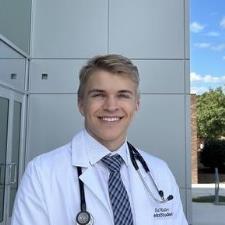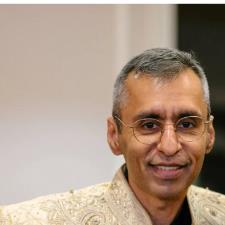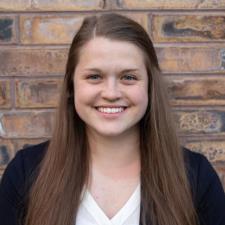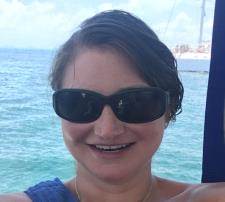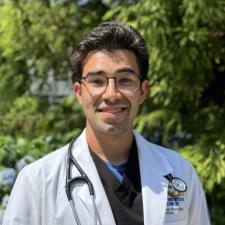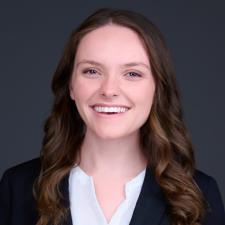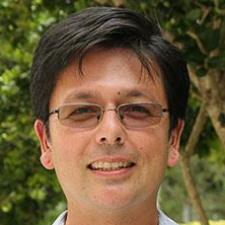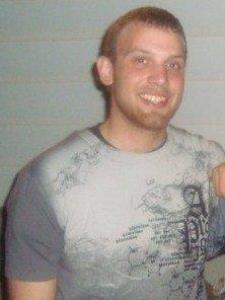584 Answered Questions for the topic physiology
Physiology Nursing
07/18/25
What 12 lead EKG leads are indicative of a right coronary artery (RCA) ST elevation myocardial infarction (STMI)?
What factors cause the arterial wall to weaken and lead to aneurysm formation?
I understand that aneurysms form when part of an artery wall weakens and bulges outward, but I’m curious about why that weakening happens. What factors or changes at the tissue or cellular level...
more
05/27/25
Explain the steps of the Citric Acid Cycle (aka Krebs Cycle) and why this cycle is so important for cellular respiration.
After pyruvate is converted into Acetyl-CoA, it enters a key metabolic cycle that takes place in the mitochondria. This cycle involves a series of enzyme-driven reactions that break down carbon...
more
05/27/25
What must happen to pyruvate after it enters the citric acid cycle (Krebs cycle)?
Once glycolysis is finished, pyruvate is created as the end product. If oxygen is present, pyruvate doesn’t just stay in the cytoplasm—it’s moved into the mitochondria, where it goes through more...
more
05/27/25
What happens after glycolysis in the presence of oxygen and in the absence of oxygen?
Consider what the cell does with the products of glycolysis under different environmental conditions. When there's plenty of oxygen available, how might the cell continue extracting energy from...
more
05/27/25
What is the purpose of glycolysis, and what are the main steps involved in this process?
This question asks you to explain both the function of glycolysis in cellular metabolism and the sequence of steps it includes. You'll need to describe what glycolysis accomplishes for the cell...
more
05/27/25
Which glycolysis enzyme might be affected in someone with a mutation who experiences fatigue and muscle pain during intense exercise due to reduced energy production?
This question asks you to think about how a mutation in a glycolytic enzyme might lead to symptoms like fatigue and muscle pain, especially during intense physical activity. It invites you to...
more
05/27/25
Can glycolysis occur in the absence of oxygen? Why or why not?
This question focuses on whether oxygen is required for glycolysis to take place. It asks you to consider where glycolysis occurs in the cell, how it fits into the overall process of cellular...
more
05/27/25
Why does ATP "store" so much energy?
This question asks why ATP is able to hold so much energy, especially in relation to how cells generate and use energy during cellular respiration. Think about the structure of ATP and why it's an...
more
If the sinoatrial node fails to send an electrical impulse, or if the electrical impulse that is sent is blocked, how will the heart continue to beat? What will the heart rate be?
This question focuses on the intrinsic conduction system of the heart and what the backup conduction looks like when the primary conduction fails.
Physiology
05/15/25
Which part of the neuron is responsible for receiving signals from other neurons?
Understanding the physiology of the neuron is important to determine where electrical signals start and end.
Physiology
05/15/25
What is the primary function of the SA node in the heart?
This question is asking the student to define and understand the function of the sinoatrial node. Understanding the electrical pathway of the heart is key to cardiac physiology.
Physiology Anatomy
04/01/25
How do the structures of the respiratory system facilitate gas exchange?
The respiratory system is specialized for gas exchange through its intricate structures. The alveoli, tiny air sacs in the lungs, provide a large surface area for gas exchange. The thin walls of...
more
Physiology Anatomy
04/01/25
What are the physiological mechanisms that maintain blood calcium levels?
Blood calcium levels are tightly regulated by the actions of parathyroid hormone (PTH), calcitonin, and vitamin D. When calcium levels fall, the parathyroid glands secrete PTH, which stimulates...
more
Physiology
02/10/25
What are the type of sounds produced by heart?
The main function of epithelial tissue is:
Options are : a) Contraction b) Protection and secretion c) Support d) Transportation
The exchange of gases in the lungs occurs in the :-
Options are a) Bronchi b) Alveoli c) Trachea d) Bronchioles
Physiology Anatomy
12/20/24
What enzymes are elevated in acute pancreatitis?
Physiology Anatomy
12/20/24
What is the primary function of the sinoatrial (SA) node?
Physiology
10/30/24
Addition of base (NaOH) to the reaction CO2 + H2O <-> H2CO3<-> H+ + HCO3- will cause?
Addition of base (NaOH) to the reaction CO2 + H2O <-> H2CO3<-> H+ + HCO3- will cause?
Increased production of CO2
Shift of the reaction to the right
Decreased...
more
Physiology
10/30/24
If membrane potential is clamped to -100 mV (for example by patch clamp) with Nernst potential for sodium of +60 mV and for potassium of -90 mV the following will happen?
If membrane potential is clamped to -100 mV (for example by patch clamp) with Nernst potential for sodium of +60 mV and for potassium of -90 mV the following will happen?
K+ efflux out of the cell...
more
Still looking for help? Get the right answer, fast.
Ask a question for free
Get a free answer to a quick problem.
Most questions answered within 4 hours.
OR
Find an Online Tutor Now
Choose an expert and meet online. No packages or subscriptions, pay only for the time you need.



